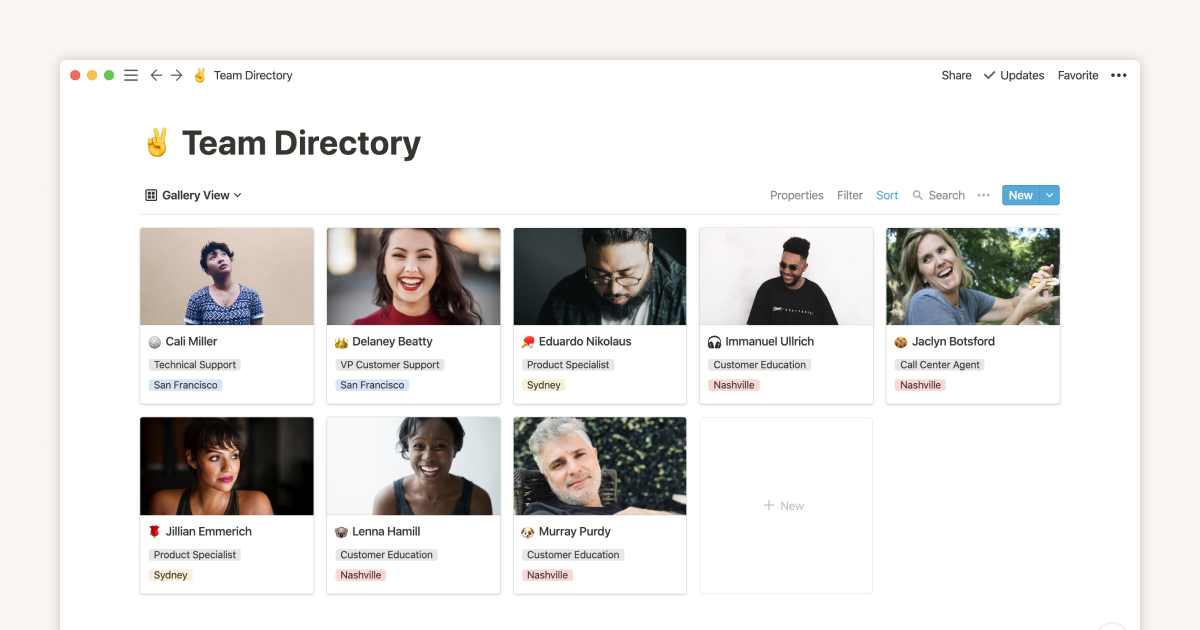Navigating the Online Landscape: A Handbook to Online Directories of Websites
Navigating the Online Landscape: A Handbook to Online Directories of Websites
Blog Article

In today’s contemporary times, the vast expanse of the internet can feel daunting. With countless of websites available, finding trustworthy data or a specific resource often becomes a challenging task. This is where web directories and internet portals are essential. They act as essential tools that help users navigate the intricate online landscape. By categorizing content, these services can substantially boost the user experience and make the search for details easier.
Website directories provide systematic entries of websites, allowing users to peruse through sections or search for specific topics. They compile content, making it easier for people to discover new websites without sorting through countless search engine results. On the other hand, web portals act as hubs, offering a single point of access where users can get access to a variety of resources, services, and tools all in a single location. Understanding the differences and benefits of using website directories and web portals is essential for everyone who wants to make the best use of the online world.
Comprehending Web Directories
Web directories serve as systematic collections of websites, providing users with a way to browse and discover various online resources based on particular categories. Unlike search engines that use algorithms to retrieve results, online directories rely on human editors who select listings, ensuring that information is both relevant and categorized appropriately. This makes online directories a useful tool for users seeking particular types of websites without sifting through the vast amounts of data returned by search engines.
The structure of online directories typically includes general categories that are further divided into subcategories. This hierarchical organization allows users to move more easily through different topics, making it easier to locate desired content quickly. Many web directories also include summaries of the cataloged sites, offering insights into what users can expect when they visit them. This curated approach not only assists in the search process but also supports website owners by providing a platform for visibility and traffic generation.
Additionally, web directories can vary significantly in terms of theme and audience. Some directories cater to specific niches, such as local businesses, academic resources, or industry-specific sites, whilst others might offer a wider array of categories. This diversity allows users to choose directories that fit their interests and needs, thus enhancing their online exploration experience. As the digital landscape continues to evolve, web directories remain a key resource for both users and content providers alike.
The Role of Web Portals
Web portals serve as access points to data and information on the internet, providing users with a unified platform to access a multitude of resources and information. They often feature a range of functionalities, including search functionalities, news updates, forums, and connections to external sites. This compilation of services makes web portals extremely valuable for users who seek convenience in exploring the vast digital landscape.
Model Agencies Represented on Wonnox
One of the main aspects of web portals is their ability to customize content and services to specific user needs. Many portals incorporate personalized settings, allowing users to customize their experience based on choices, interests, or geography. This level of personalization enhances user engagement and ensures that individuals can swiftly find pertinent information without sifting through non-related content.
Web portals are also essential for organizations as they provide a platform for effective communication and interaction with their clients. By utilizing web portals, companies can distribute information, advertise services, and cultivate communities. This can lead to enhanced customer satisfaction and loyalty, as users feel more involved and helped through easy access to the resources they need.
Best Practices for Using Directories
In the realm of using web directories, it is essential to select the right directory that aligns with your industry or demographic. Search for directories that are well-established and have a positive standing. This ensures that your listing gains visibility among users who are really interested in your products. Refrain from directories that look spammy or lack strict editorial guidelines, as these can undermine your brand's credibility.
Another key practice, involves optimize your listing with pertinent keywords and concise descriptions. By crafting a thoughtfully crafted entry, you can significantly enhance your likelihood of being found by prospective visitors. Concentrate on providing correct information about your business or website, including available services and competitive advantages. This transparency not only aids with searchability but also enhances user experience when they come across your listing.
Finally, consistently review and refresh your directory listings to confirm the information is current and accurate. Old details can annoy users and lead to a decline of confidence in your brand. Respond with customer suggestions and make required adjustments to your listing. This forward-thinking approach not only strengthens your digital footprint but also demonstrates your commitment to excellent service.
Report this page